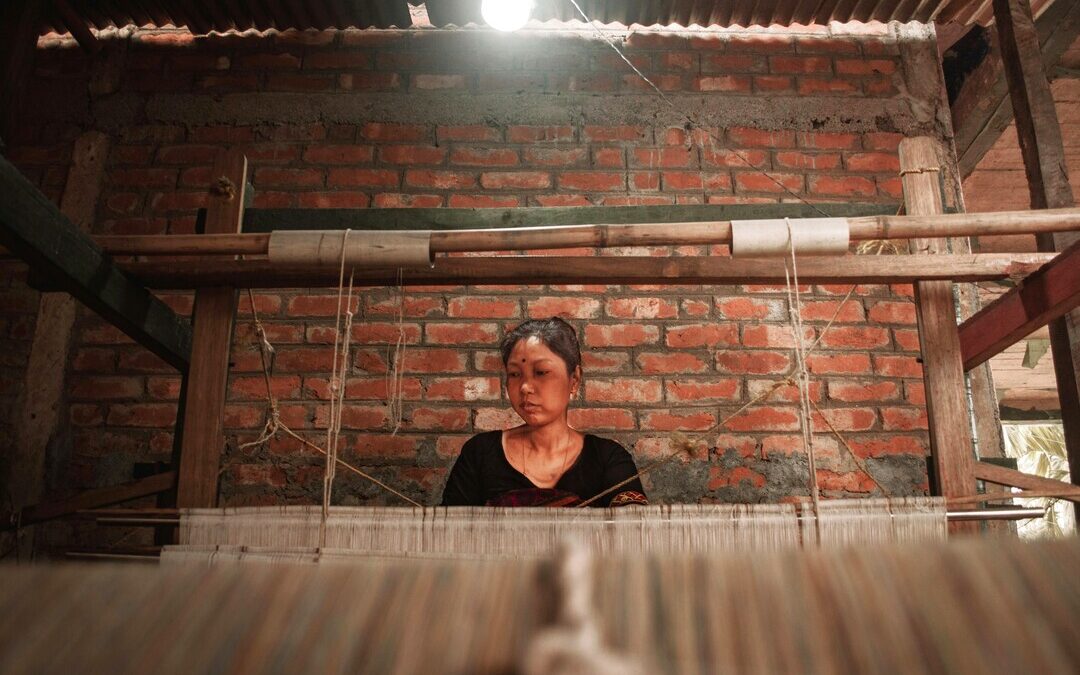EU, India Unveil $10.3M Sustainability Projects for Textile Sector
EU, India invest $10.3M to promote sustainability, circular economy in textiles, benefiting MSMEs, artisans and women entrepreneurs.
The European Union and India’s Textiles Ministry launched seven projects on Thursday aimed at enhancing sustainability and resource efficiency in the country’s textile and handicraft sector, underlining a commitment to circular economy principles.
Funded by a €9.5 million ($10.3 million) grant from the EU, the projects will be implemented across nine Indian states, supporting 35,000 direct beneficiaries, including 15,000 micro, small, and medium enterprises, 5,000 artisans, and 15,000 farmer-producers.
The initiatives, set to run for up to five years, are expected to economically empower approximately 200,000 women while fostering environmentally sustainable practices in the textile value chain.
“These projects align with the Ministry of Textiles’ ‘Sustainable Bharat Mission for Textiles’ and complement the EU-India Resource Efficiency Circular Economy initiative,” the EU delegation to India said in a statement.
The initiative also ties into the EU’s Global Gateway Strategy, which promotes sustainable development through international partnerships.
Addressing Environmental Challenges in Textiles
India’s textile sector, employing over 45 million people — 60 percent of whom are women — has been facing significant environmental challenges, including high water consumption, energy use and emissions.
The newly launched projects seek to address these concerns by promoting circularity, innovation, and enhanced market access for sustainable products such as natural dyes, bamboo craft, handlooms and traditional textiles.
Franck Viault, minister counsellor and head of cooperation at the EU delegation to India, emphasized the need to merge tradition with technology to propel the industry forward.
“While fast fashion dominates global trends, both the EU and India are making serious efforts to foster sustainability. India’s rich textile heritage is internationally recognized, particularly in Europe. By integrating innovation with tradition, India’s textile sector can leapfrog into a sustainable future,” he said.
Increasing Income Opportunities for Women
The projects, led by organizations such as Humana People to People India, WWF, and Intellecap Advisory Services, will focus on production improvements, branding and increasing income opportunities for women. They will also facilitate collaborations among artists, producers, civil society organizations, government agencies and market stakeholders.
Additionally, the EU and India launched a “Textiles Toolkit” in collaboration with the German development agency GIZ to promote resource efficiency and circular economy principles within the sector.
The partnership highlights the growing alignment between India and the EU on sustainable development, as both economies seek to drive growth while reducing environmental impact in key industries.
Also Read:
Textile MSMEs Embracing Sustainability, Says Chandrima Chatterjee of CITI

